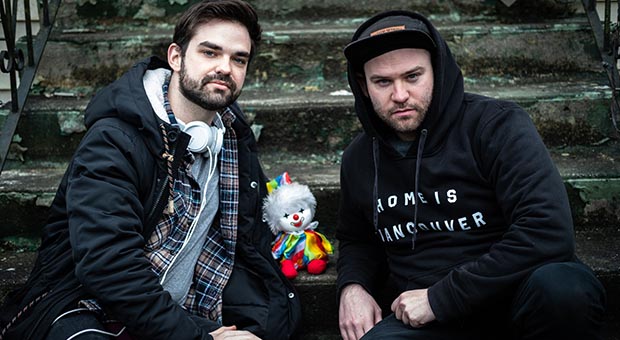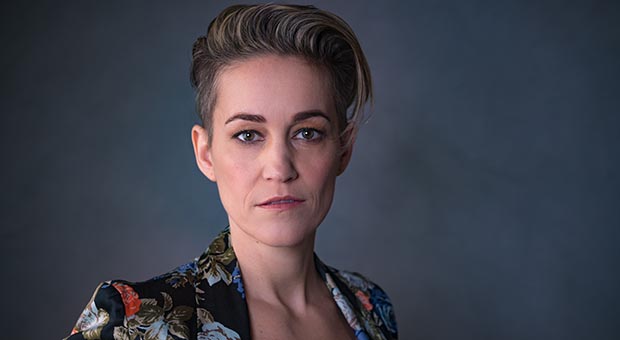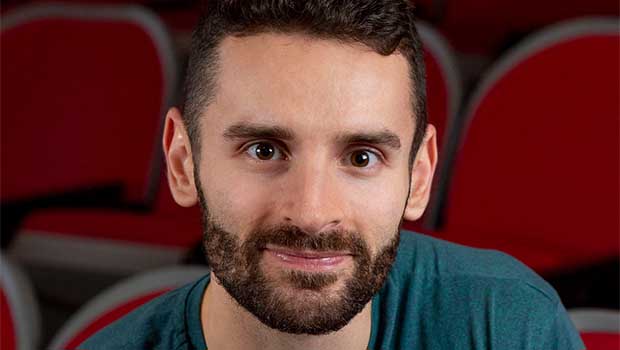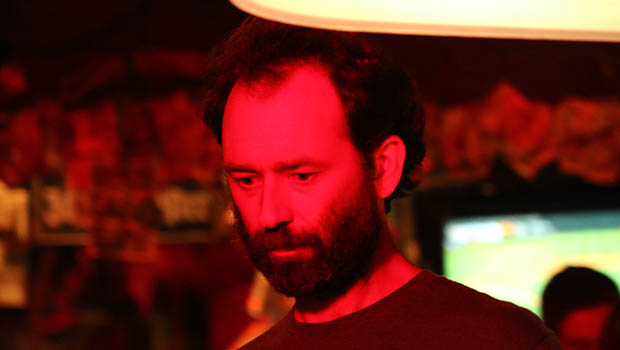
31 Mar The Biz Interview: Jeff Hammer
One of the greatest rewards for any filmmaker is to be able to complete your first feature film. Writer-director Jeff Hammer – also an instructor at the School of Cinematic Arts at USC – recently released his debut feature Live or Die in La Honda to VOD and iTunes.
Jeff Hammer spoke to us about the process of making this film happen and his advice for other independent filmmakers and screenwriters.
________________________________
Can you start by telling us a little bit about how you got started as a writer and director?
Growing up, I dabbled with creative writing on and off, but nothing too serious. When I took a creative writing course as part of my English major in college, I decided to do a creative writing emphasis for my degree, and my thesis project was a short story collection. I had other career plans at the time, and I thought my thesis would essentially be the end of it. But I kept writing. Eventually, I wrote my first screenplay, and then I used that to get into USC’s graduate screenwriting program. That script placed as a finalist for a Disney screenwriting fellowship, which in turn got me my first representation. For a long time I was primarily known as a writer, and then I finally decided I was tired of relying on other people to get my scripts made. So I took it upon myself to make Live or Die in La Honda, which led to me producing and directing it.
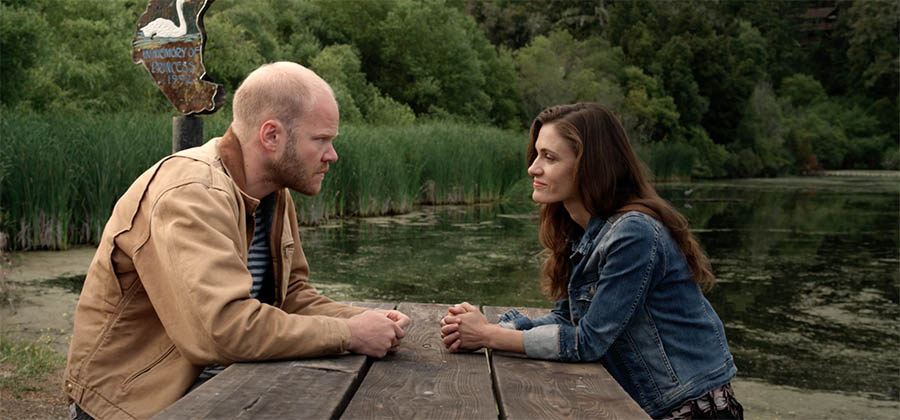
Live or Die in La Honda is your first feature film as a writer-director. What was the inspiration for this film and what can you share about this experience?
I lived in La Honda for 3 years while my wife was doing a fellowship at Stanford, and I knew that I wanted to make a movie there before we moved back to Los Angeles. I came across a story in the local monthly newsletter about a drug bust that occurred on a beach 15 minutes away, and the police determined that it was most likely drug cartels that were using the secluded coastline for smuggling. In this story, 1200 pounds of marijuana was confiscated, and it made me wonder what happened to the guy who screwed up this delivery. The rest of the story built from there.
________________________________
________________________________
What can audiences expect from the film?
If you expect foul language, violence, and nudity with your rated R fare, this movie has you covered. It’s a fast-paced crime story (80 min) with great lead performances in a quirky small town that you’ve likely never heard of. All of the locations in the movie are real places, and the majority of the soundtrack and supporting performances come from local artists that give it a distinct local flavor.
What was the biggest challenge in making the film and how did you overcome it?
By far it was the lack of budget. Money dictates every decision you make – from how many people you hire to the equipment you get to the number of days you can shoot. We shot the majority of the movie in 12 days with a really small crew, and we had to thread the needle every day just to make our schedule. That meant I had to be extremely organized, and the cast and crew needed to be prepared every single day because we didn’t have the luxury of going overtime or adding days.
________________________________
“The odds are stacked against any independent movie… To see everyone come together to make this story a reality, that’s pretty awesome.”
________________________________
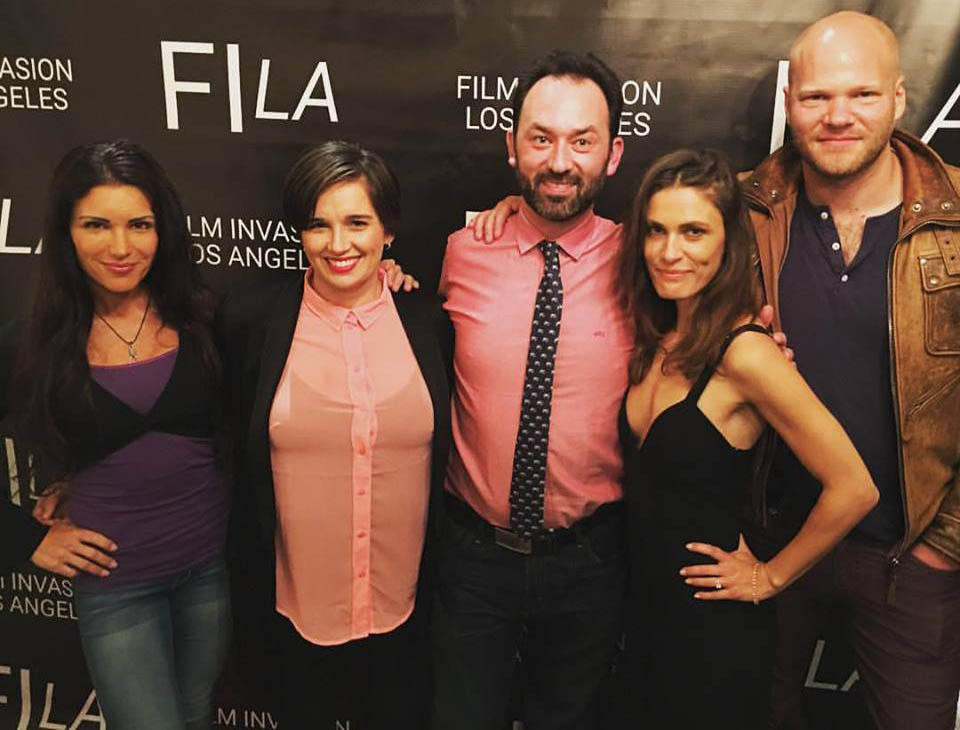
What was the most rewarding part of this project for you?
Getting it finished and distributed. The odds are stacked against any independent movie, and while there were certainly professional actors and crew in key positions on this movie, the majority of people making this movie were working on their very first project. Not even a feature, but their first movie period. To see everyone come together to make this story a reality, that’s pretty awesome.
You’re also an instructor in Screenwriting and Production at the School of Cinematic Arts at USC. What’s the most important advice that you give to students who want a career in screenwriting?
First and foremost, a script has to have characters you care about who are forced to make decisions that will forever impact their lives. Second, it needs to establish a convincing world – whether it’s fantasy, period, or present day. The script should immerse you in the world of the story. Third, it has to have an engaging plot that unfolds in unexpectedly logical ways. You can have twists and turns and shocking moments, but they all have to abide by the logic of the story.
What books and authors have been influential in your career so far?
The most important filmmaking books for me, as in books about the process of making movies, are Rebel Without A Crew by Robert Rodriguez, Making Movies by Sidney Lumet, On Directing Film by David Mamet, In the Blink of an Eye by Walter Murch, and Hitchcock: The Definitive Study by Francois Truffaut. In terms of books and authors and filmmakers, there are way too many to list.
What other projects are you working on right now?
I produced the original sci-fi web series Personal Space. All 28 episodes of the 1st Season are available on Amazon, and you can find out more about the show on its website PersonalSpace.tv. We’ve already written a rough draft of the 2nd Season, and we’re currently rewriting it with the goal of shooting the new season before the end of the year. In addition, I’m a producer on a feature called CURTIZ, which is a biopic of director Michael Curtiz that details his personal and professional struggles to make his masterpiece Casablanca. It’s in post-production and will premiere in late 2018 or early 2019. There are also two short films that I produced that are close to completion. Leave is a naval drama set aboard a U.S. Battleship during the mid-’90s Haitian conflict, and Iago is an adaptation of Othello in which the characters are Black Panthers in 1970. Both of these shorts should have film festival premieres this year.
Where can people find out more about you online?
Check out the movie’s website (LiveorDieinLaHonda.com), Facebook page, and Instagram @lahondamovie. You can follow me on Instagram @eljefemartillo.
________________________________
Thanks to Jeff Hammer for speaking with us!
You can watch Live or Die in La Honda on iTunes and VOD. For more information, please visit LiveorDieinLaHonda.com.


